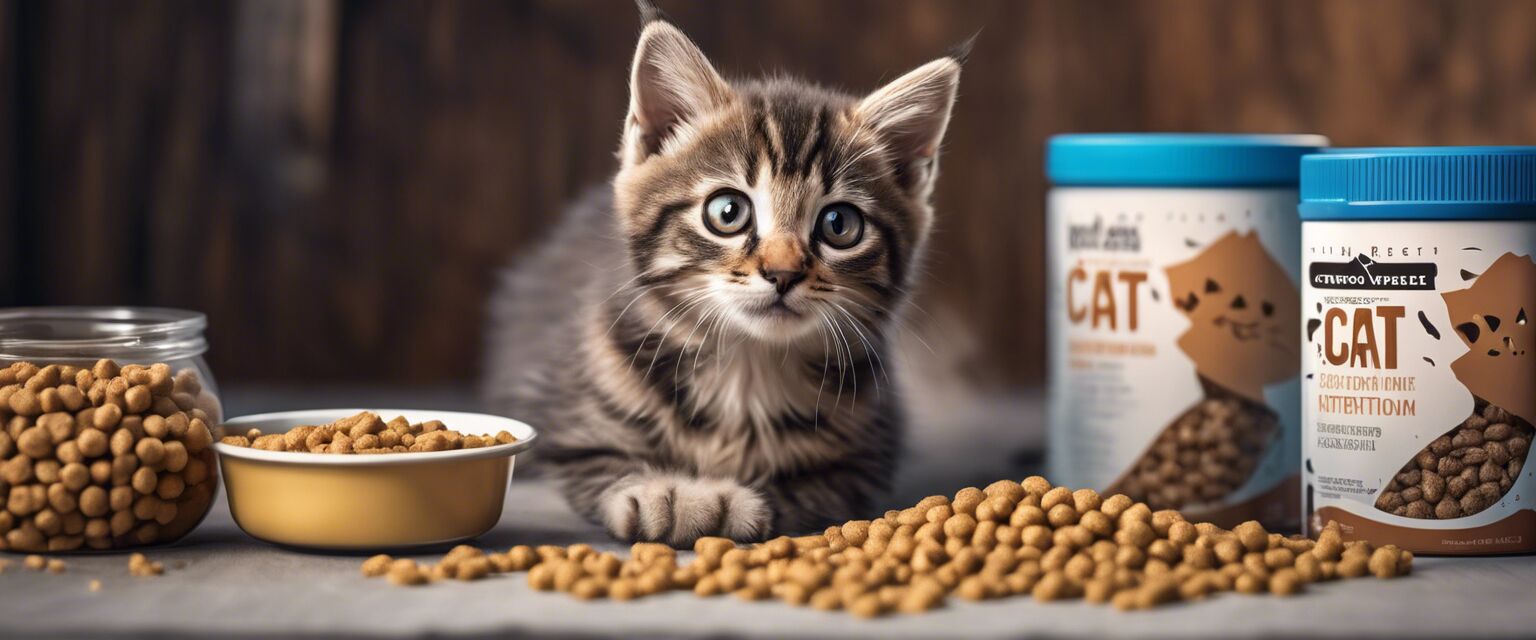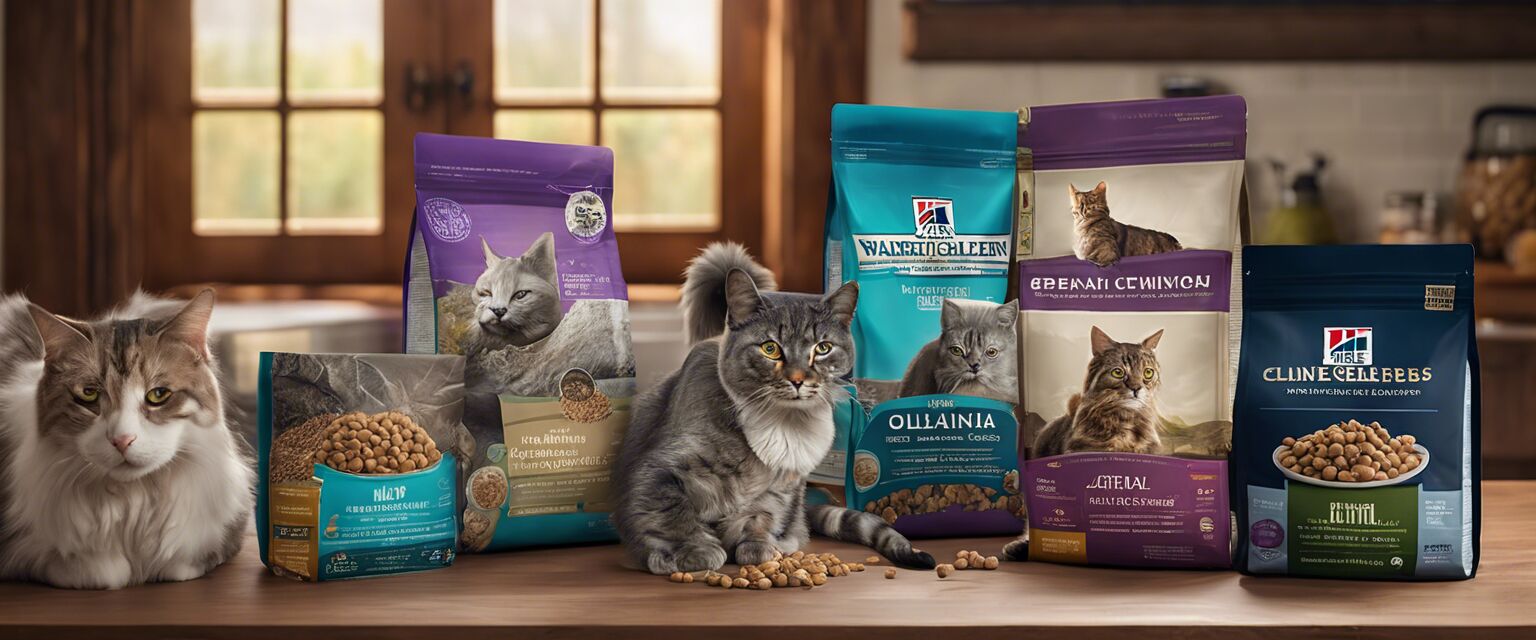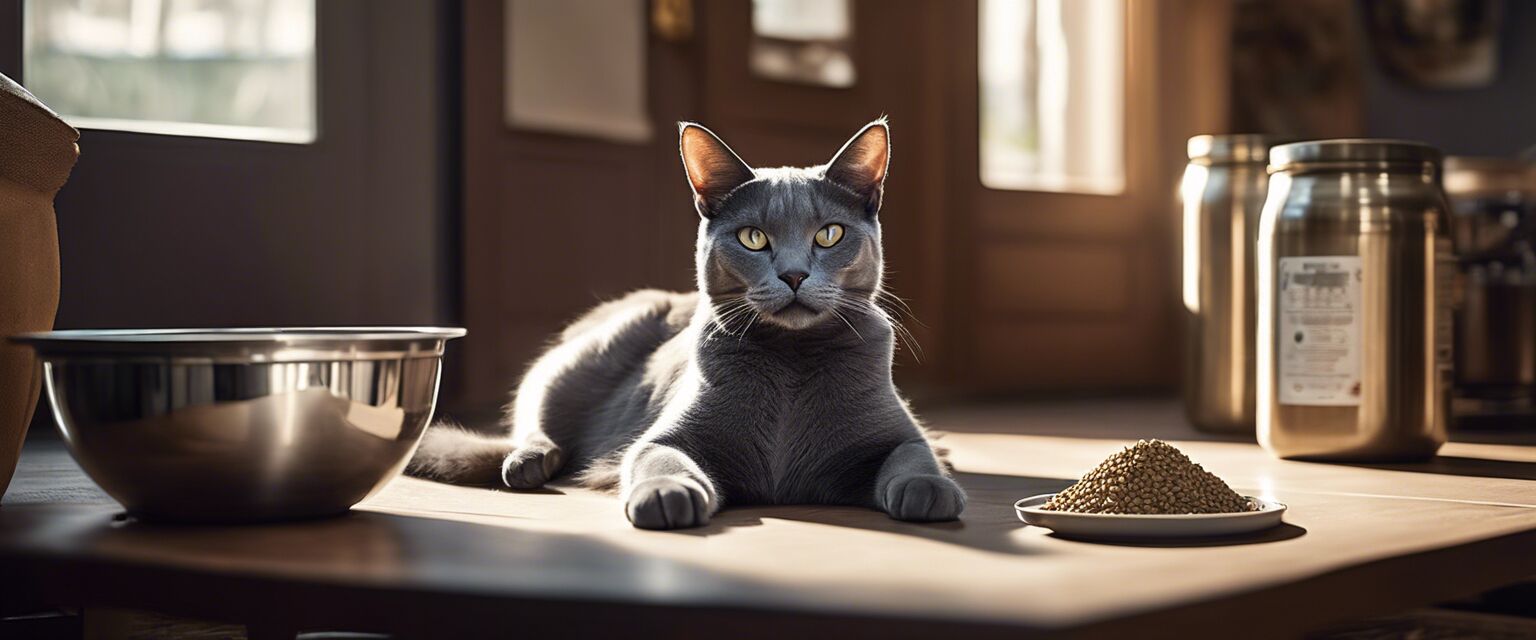
Senior Cat Nutrition
Key Takeaways
- Older cats require special dietary considerations for optimal health.
- Quality ingredients, hydration, and nutritional balance are essential.
- Consult with a veterinarian to tailor your cat's diet.
- Aging cats may benefit from specific supplements.
As cats age, their nutritional needs change significantly. Senior cat nutrition focuses on providing the right diet that supports health, vitality, and a better quality of life. Proper nutrition can help manage age-related issues like obesity, arthritis, and dental health. In this guide, we will explore the importance of nutrition for aging felines, the best types of food options available, and practical feeding tips.
Understanding the Nutritional Needs of Senior Cats
As cats age, their bodies undergo various changes that affect their nutritional needs. Here are some key changes to consider:
- Reduced Metabolism: Older cats often have a slower metabolism, which can lead to weight gain if their diet is not adjusted.
- Joint Health: Nutritional support for joint health becomes vital to keep them mobile and active.
- Dental Issues: Senior cats may face dental problems which can affect their ability to eat certain foods.
- Hydration: Older cats are at a higher risk of dehydration, thus requiring more moisture in their diet.
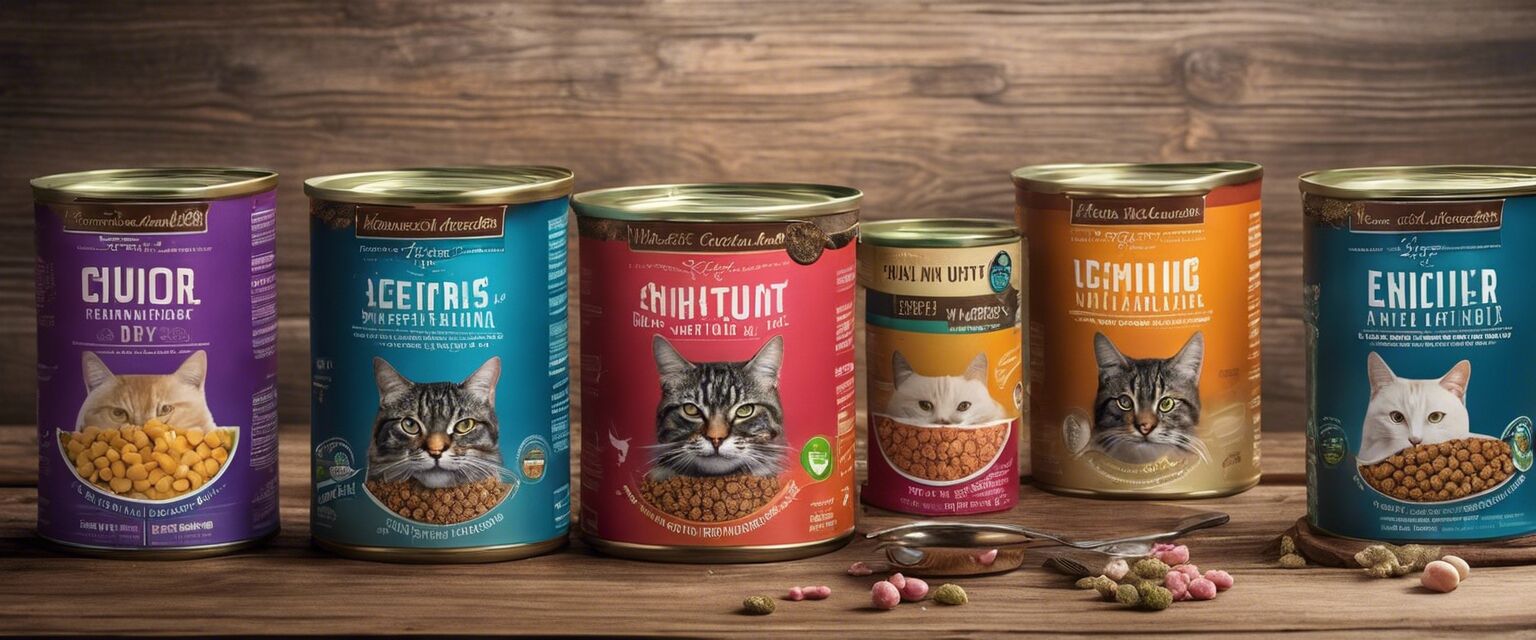
Best Food Options for Senior Cats
Types of Cat Food
| Food Type | Benefits |
|---|---|
| Dry Cat Food | Convenient and helps with dental health. |
| Wet Cat Food | Higher moisture content, great for hydration. |
| Grain-Free Cat Food | May help in reducing digestive issues. |
| Organic Cat Food | Made with high-quality, natural ingredients. |
| Dietary Supplements | Supports various health aspects like joint care and coat health. |
Special Considerations
When selecting senior cat food, pay attention to the specific needs of your cat. Here are some recommendations:
- Protein Levels: Age-related muscle loss can be countered with a higher protein diet.
- Fats: Healthy fats are essential for energy and coat health.
- Vitamins and Minerals: Essential nutrients like taurine, omega-3, and antioxidants can help support heart health and overall immunity.
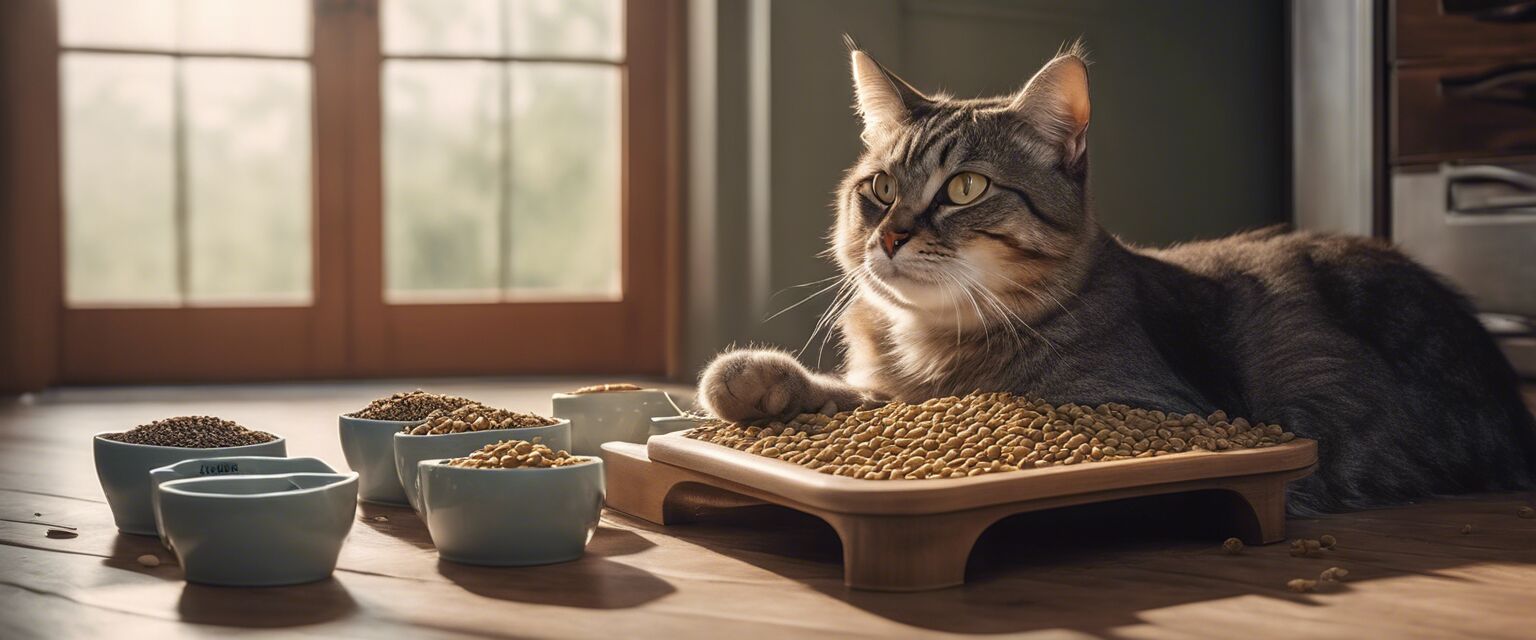
Feeding Tips for Senior Cats
Helpful Feeding Strategies
- Offer smaller and more frequent meals to aid digestion.
- Ensure fresh water is always available; consider a water fountain.
- Observe your cat while eating; if they seem to struggle, consider texture changes (soft food versus dry food).
- Monitor weight regularly and adjust food portions as necessary.
- Consult your veterinarian for personalized dietary recommendations.
Common Senior Cat Health Concerns
While proper nutrition plays a key role in maintaining a healthy senior cat, it's also important to be aware of potential health concerns:
- Obesity: This can be managed through a balanced diet and regular activity.
- Kidney Disease: Increased water intake and special diets may benefit these cats.
- Thyroid Issues: Keep an eye out for rapid weight loss or change in behavior.
- Dental Disease: Regular vet check-ups and dental care are crucial.
Consulting Your Veterinarian
Each cat is unique, and their dietary needs can vary significantly based on age, weight, and overall health. It is advisable to consult with your veterinarian to develop a comprehensive nutrition plan tailored specifically for your senior cat.
For more insights on how to keep your cat healthy, visit our sections on dietary supplements or explore different types of wet cat food.
Conclusion
In conclusion, senior cat nutrition plays a vital role in extending the lifespan and enhancing the quality of life for aging felines. Providing the right diet, being attentive to their unique needs, and consulting the appropriate professionals can ensure that your beloved pet continues to thrive well into their golden years.
Pros
- Enhances health and vitality in senior cats.
- Can prevent or manage age-related health issues.
- Improves coat condition and energy levels.
- Promotes better hydration and digestion.
Cons
- Quality senior cat food can be more expensive.
- Some cats may be picky and resist dietary changes.
- Special dietary needs may complicate feeding routines.
